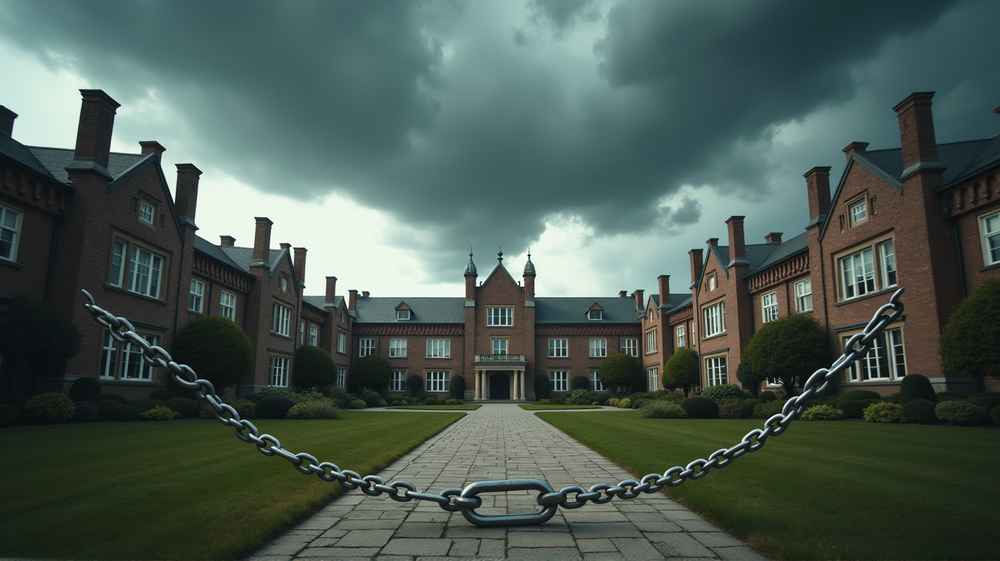An Existential Threat to Democracy
In a dramatic warning, university leaders have raised the alarm regarding the Trump administration’s draconian policies aimed at higher education. The recent Anniversary of the Magna Charta Universitatum at King’s College London became a stage for dire predictions about the future of education and democracy in the U.S. As stated in University World News, these policies transform universities from bastions of intellectual freedom into breeding grounds for compliance.
A Tale of Democracy and Education
Lynn Pasquerella, speaking passionately about the urgent need for academic freedom, highlighted the Trump administration’s interference. She warned that attacks on core values threaten the very bedrock of democratic society. For more than fifty years, American universities have thrived on a symbiotic relationship with the government, serving as catalysts of innovation and cultural exchange. Today, however, this relationship is under siege.
Global Collaboration in Jeopardy
The crisis spills beyond American borders, affecting global academic enterprises. The Trump administration’s scrutiny of international scholars and the weaponization of visas and research funding undercut America’s role in global education. Pasquerella noted that U.S. policies now discourage international partnerships, thereby endangering the ecosystem of international collaboration and reducing American institutions’ global influence.
Building Solidarity Across Borders
Faced with rising authoritarianism, institutions are urged to stand together. By fostering networks like the Magna Charta and other support organizations, universities are called to reaffirm their commitment to academic freedom. Robert Quinn of Scholars at Risk emphasized cultivating counter-narratives to resist isolation and authoritarian impact.
Creative Resistance and Inclusive Dialogue
University leaders are encouraged to engage in creative resistance and uphold intellectual honesty. This includes reforming themselves to better connect with the public and advocating for their societal roles. Quinn urged universities to harness their histories of civil dialogue to sustain academic resistance against political oppression.
United Efforts to Preserve Autonomy
Efforts to ensure global academic independence face many challenges. Jonathan Becker’s compelling historical comparisons highlight the risks of self-censorship and neoliberal influences, urging educators to focus on shaping global citizens over mere workforce outcomes.
The Role of Universities in Civil Engagement
While universities face immense pressure, their civic responsibility remains essential. Becker cited success stories of global educational alliances, underscoring that cooperation leads to resilience. For institutions, the rallying cry is clear: only collective action will sustain the invaluable connection between higher education and democratic society.












